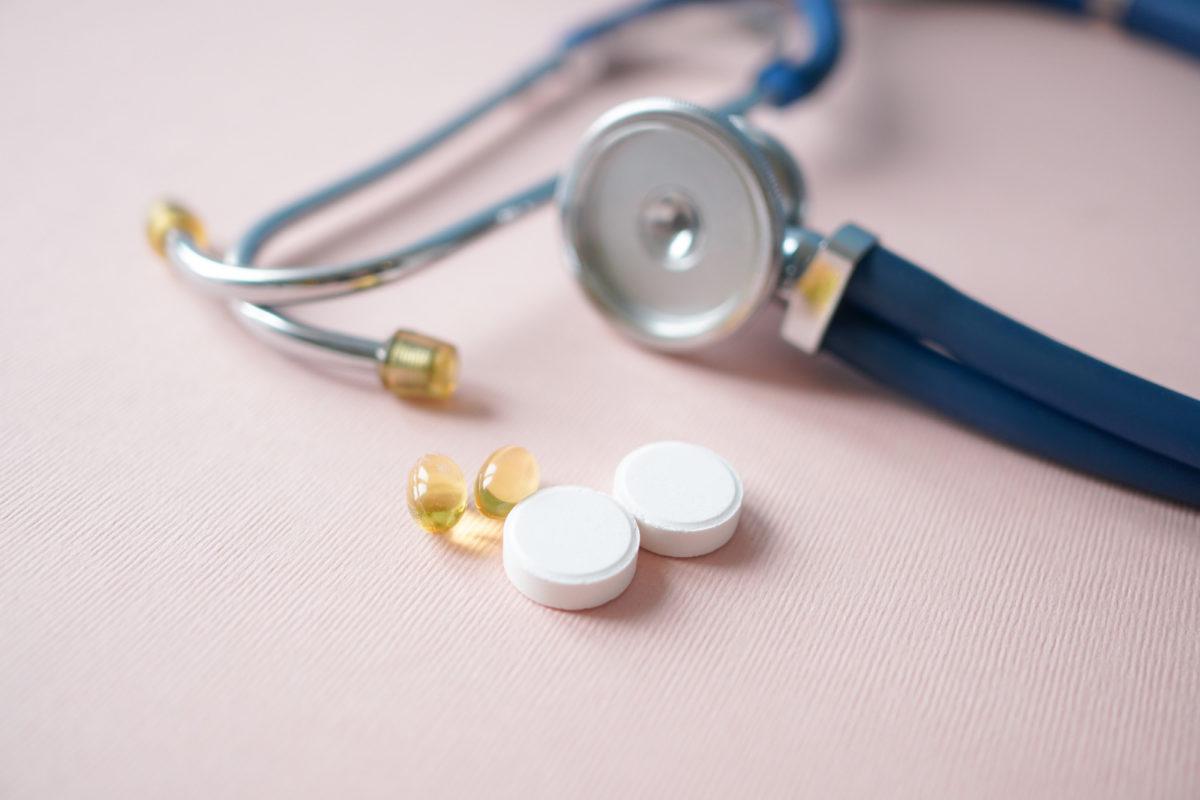FAQ: What supplements Should I take for PCOS?
This is one of my most frequently asked questions from people with polycystic ovary syndrome (PCOS) on social media. My answer will depend on the type of PCOS you have, your symptoms, your lifestyle, possible deficiencies, and other factors. However, there are three supplements that come out on top in terms of high-quality research, benefits, and little likelihood of harm.
It is important to state that managing PCOS is complex and therefore requires a combination of supplements and lifestyle changes. As their name implies, supplements are merely a ‘supplement’ to a healthy lifestyle grounded in sound nutrition, daily movement, adequate sleep and rest, stress management, a support network, and mindset work. Always make supplemental choices and doses with your own current healthcare provider.
MAGNESIUM
Women with PCOS are up to 19 times more likely to be deficient in magnesium than the rest of the population. While we’re not sure why this is, it is concerning because low levels of magnesium can increase our risk of type 2 diabetes. Women with PCOS are already at increased risk of developing diabetes!
During my PhD, I published a clinical study in Food Science & Nutrition which assessed dietary intake in women with and without PCOS. One of the findings was that magnesium intake was decreased in women with insulin-resistant PCOS. Also, the more magnesium that women with PCOS consumed, the lower their testosterone and inflammation were.
Supplementing can benefit in several ways. There is plenty of research on the benefits of magnesium for the general population which may also apply for PCOS. Studies have shown magnesium can help address insulin resistance, reduce inflammation, improve sleep, reduce anxiety, improve PMS symptoms, and lower blood pressure. These are all commonly seen and experienced by women with PCOS.
I supplement with Natural Calm magnesium citrate to ensure I am consuming enough magnesium each day. The raspberry-lemon flavor makes a delicious hot or iced tea (recipe here)! The recommended daily amount of magnesium for a women over 19 is 320 mg a day.
Omega-3
Along with the brain and mood-boosting benefits that omega-3 fats are known for, like reducing anxiety and depression (previously discussed here), they also have specific implications for women with PCOS.
Supplementing with omega-3 may help regulate periods and decrease testosterone. Omega-3 can also lower reproductive hormones such as LH and the LH to FSH ratio (typically increased in PCOS). Finally, omega-3 has been shown to increase adiponectin which is an anti-inflammatory cytokine.

I supplement with an algae-based omega-3 supplement instead of a fish oil supplement as fish oil can be contaminated with environmental pollutants, such as mercury and polychlorinated biphenyls (PCBs).
Vitamin D
Women with PCOS are more likely to have lower levels of vitamin D than women without PCOS. These low levels have even been linked to insulin resistance, obesity, infertility, and hirsutism associated with PCOS.
Studies show that when women with PCOS supplement with vitamin D, insulin and glucose levels seem to improve, inflammation subsides, and testosterone decreases.
While the best source of vitamin D is the sun, this option is limited if we live in the Northern hemisphere, wear sunscreen, or stay indoors. Therefore, supplementing can help.

When choosing a vitamin D supplement, look for D3 and at least 1500-2000 IU a day (recommended by The Endocrine Practice Committee). For vegans, be aware that some D3 supplements are vegan while others aren’t. I take a vitamin D and B12 together as B12 is a must to supplement for vegans (and even some vegetarians and carnivores).
This article is sponsored by Natural Calm Canada. I do not receive affiliate commissions from Natural Calm Canada.
In health, Dr. Dylan Cutler
Pin FOR LATER:

Disclaimer: Nutritional and supplemental choices should be made in consultation with your current health care provider.

